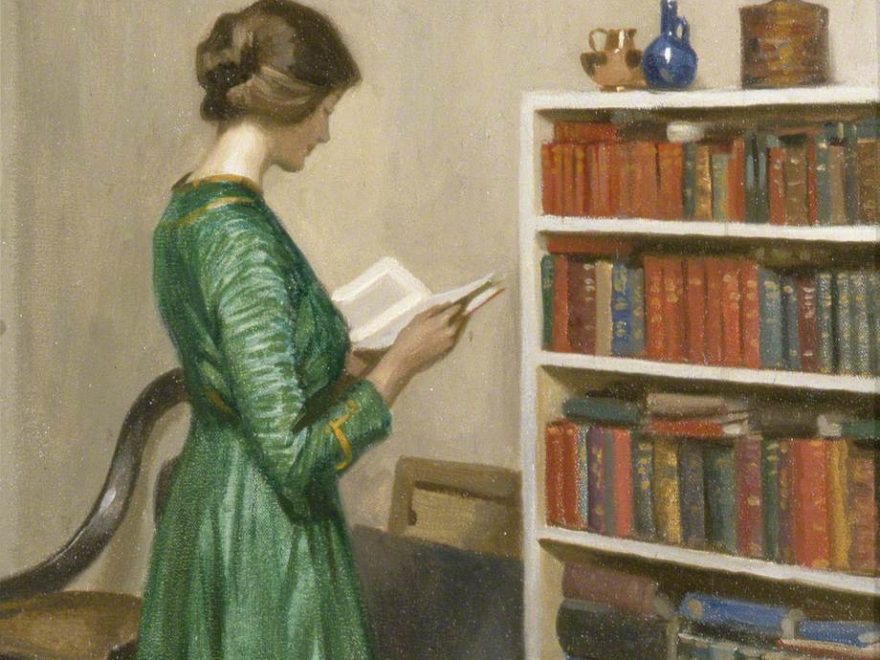Tag: C.S. Lewis
-
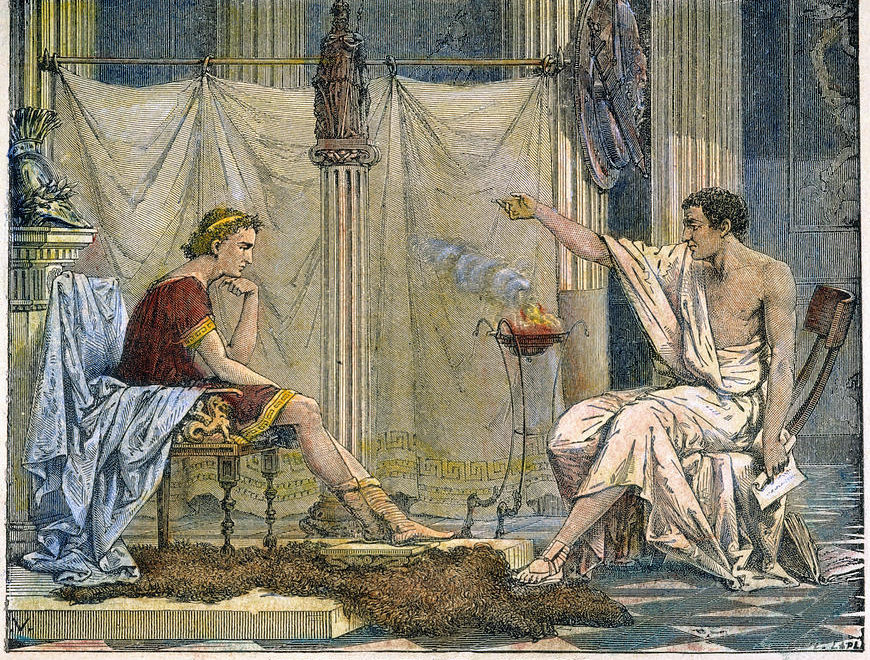
The Counsels of the Wise, Part 2: Why Reviving Moral Philosophy Is Not Enough
In The Liberal Arts Tradition: A Philosophy of Christian Classical Education (Version 2.0, Revised Edition), Kevin Clark and Ravi Jain argue for a recovery of the tradition of moral philosophy against the reductionism of the modern social sciences. Their account of the intellectual history that led to the replacement of this classical and Christian paradigm…
-

The Counsels of the Wise, Part 1: Foundations of Christian Prudence
We began this series with a proposal to replace Bloom’s Taxonomy of educational objectives with Aristotle’s five intellectual virtues. While Bloom and his fellow university examiners aimed to create clarity in teaching goals through a common language, their taxonomy of cognitive domain objectives may have done more harm than good. In rejecting the traditional paradigm…
-
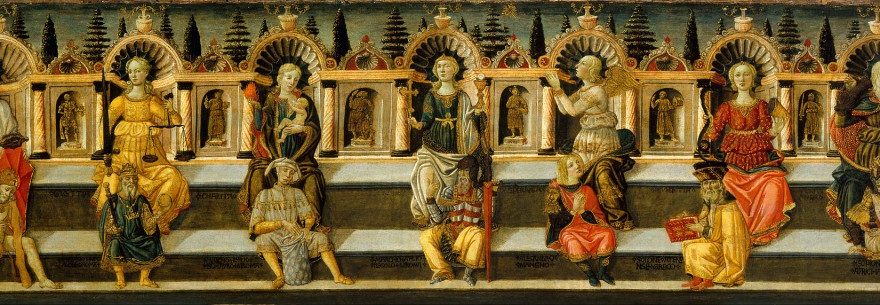
“Education is a Discipline”: Virtue Formation in the Classroom
“’Education is an atmosphere, a discipline, a life’––is perhaps the most complete and adequate definition of education we possess. It is a great thing to have said it; and our wiser posterity may see in that ‘profound and exquisite remark’ the fruition of a lifetime of critical effort (Charlotte Mason, Parents and Children, p. 33).…
-
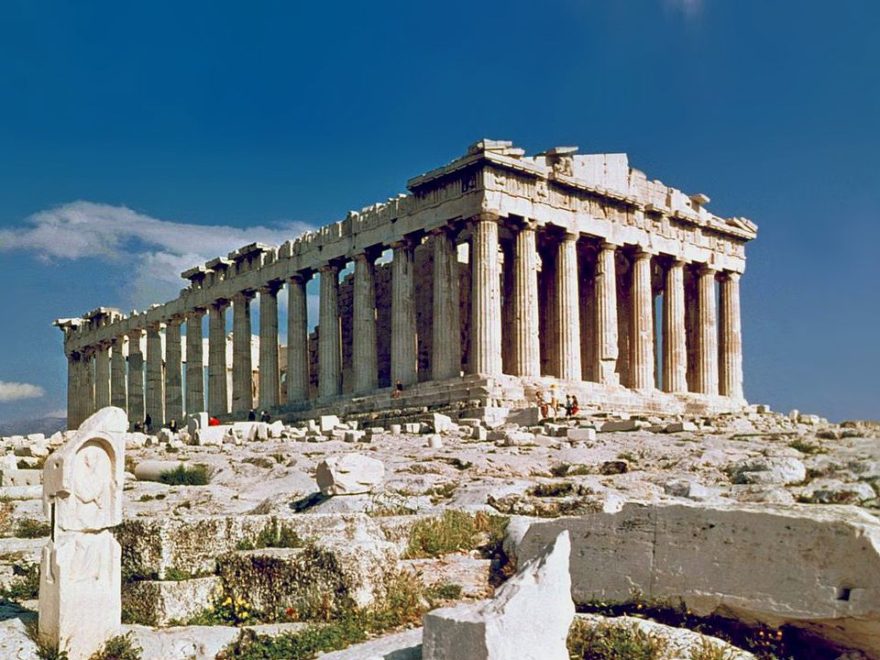
C.S. Lewis and Two Types of Education
Our educational renewal movement champions a return to the life-giving role great books play in forming lives of flourishing for our students and for society. We want our students to gain an appreciation for great literature and to be devoted to life-long learning. So if our goal is appreciation, should we do away with exams…
-
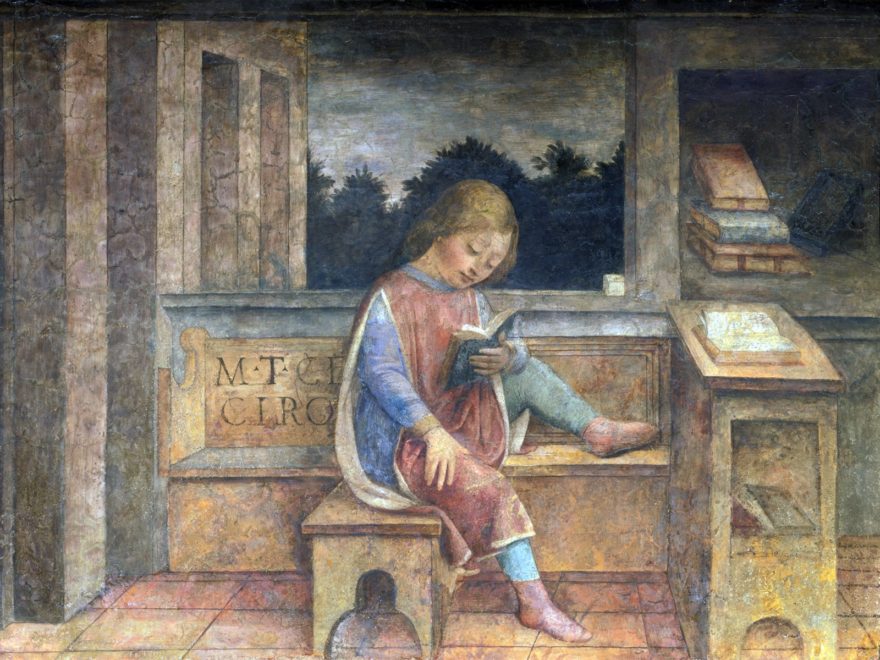
Renaissance Children: How Our View of Children Shapes Our Educational Aims
Perhaps no figure in Twentieth century America captured the idealization of childhood innocence better than Norman Rockwell. His paintings, appearing regularly on The Saturday Evening Post, often included children who evoked an innocence untouched by hard realities that grown ups experienced through the Great Depression and two World Wars. Consider the painting Marble Champion. This…
-

Irrigating Deserts in Schools: The Redemption of Emotion in an Age of Feeling
In a world of sensationalistic news, propaganda, and emotions running in overdrive, our students need specialized training in how to navigate life’s challenges with wisdom. Dorothy Sayers and C.S. Lewis, two favorites in the classical education renewal movement, offered different, but related, educational solutions to respond to emotive and misleading propaganda. Dorothy Sayers, known for…
-
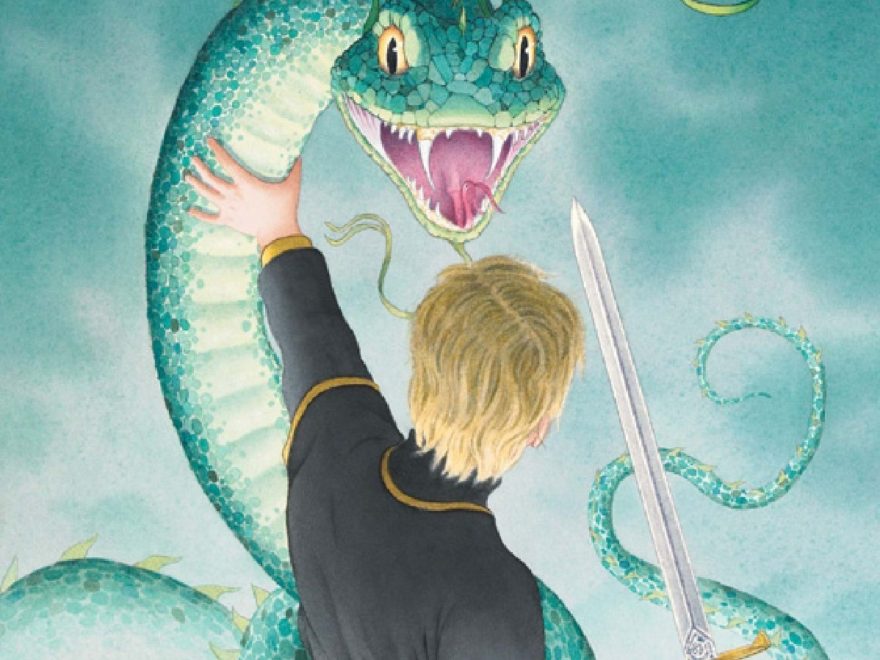
The Value of Objective Value: C. S. Lewis on Renewing Education
No matter what age you or your children are, I highly recommend The Chronicles of Narnia by C. S. Lewis for summer reading. They are lighthearted yet full of depth. I am reading aloud The Silver Chair, the fourth book in the seven-book series. For those who know the general contours of the series, this…
-
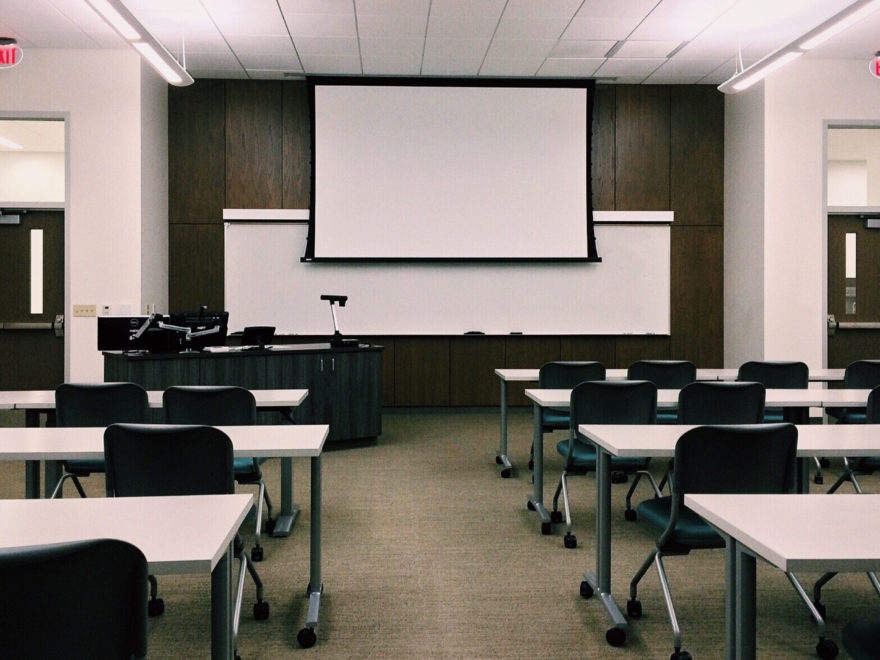
When Bloom’s Gets Ugly: Cutting the Heart out of Education
Bloom’s Taxonomy cuts out the heart of education by cultivating bloated heads and shrivelled chests and leaving out man as maker and doer.

